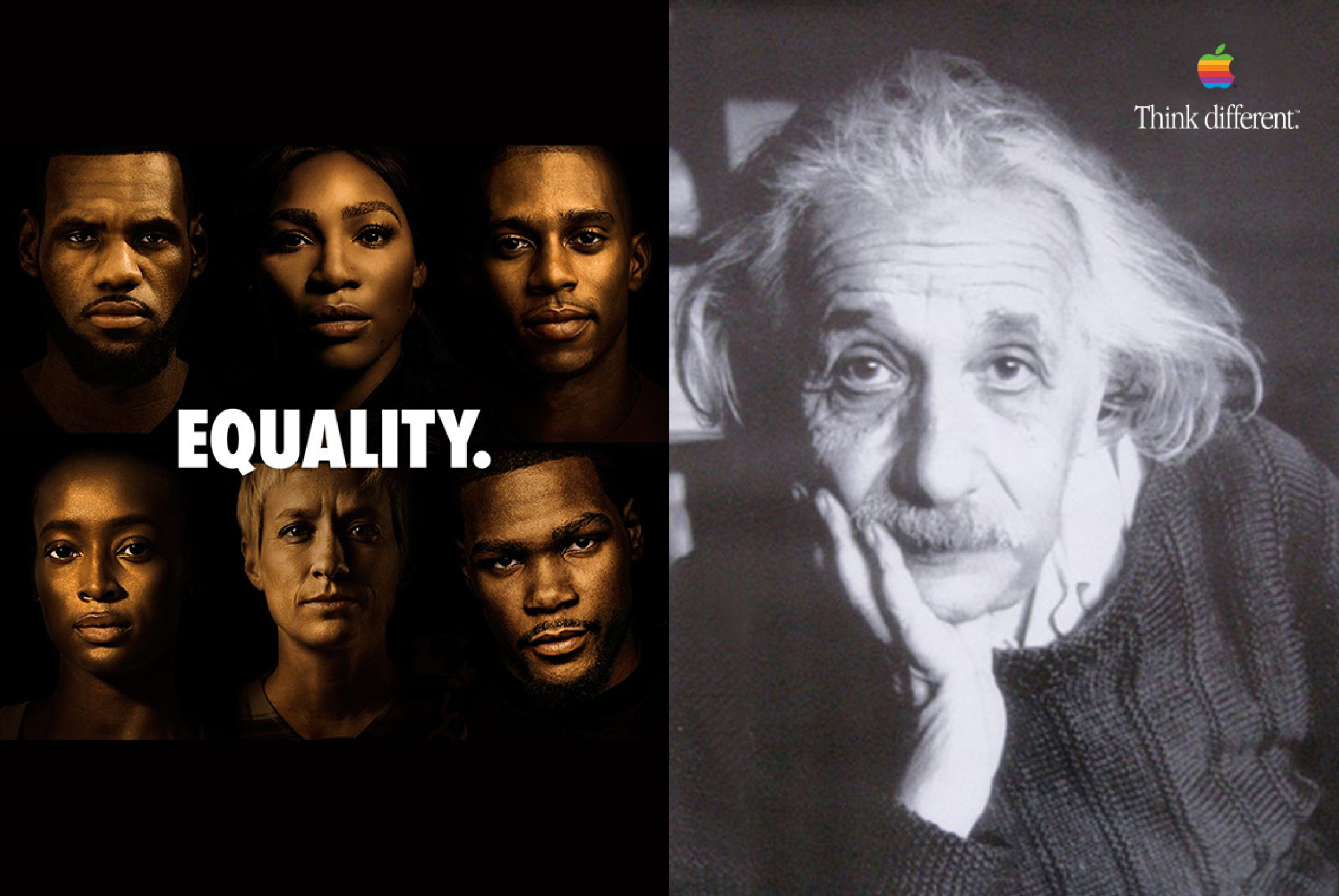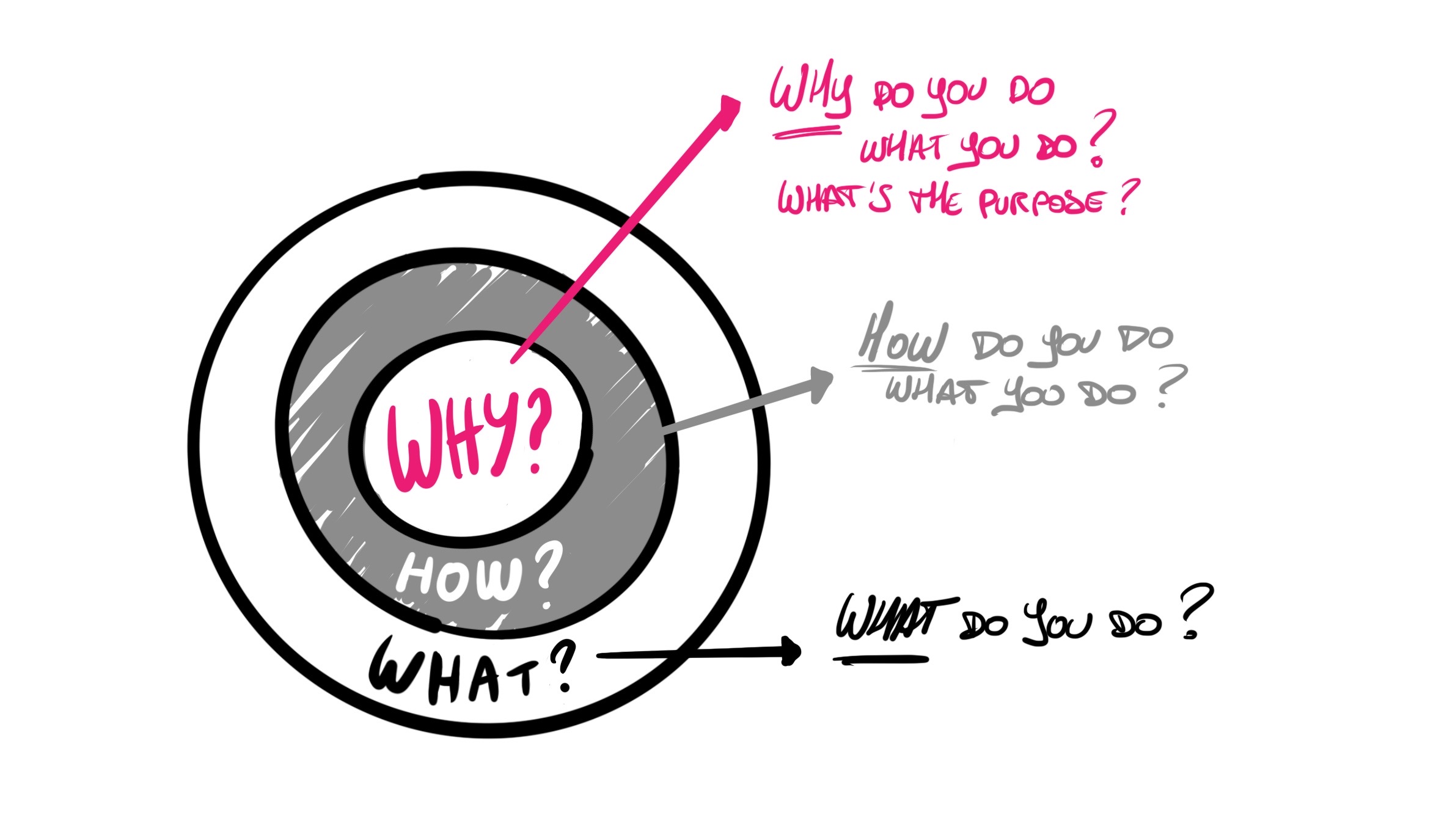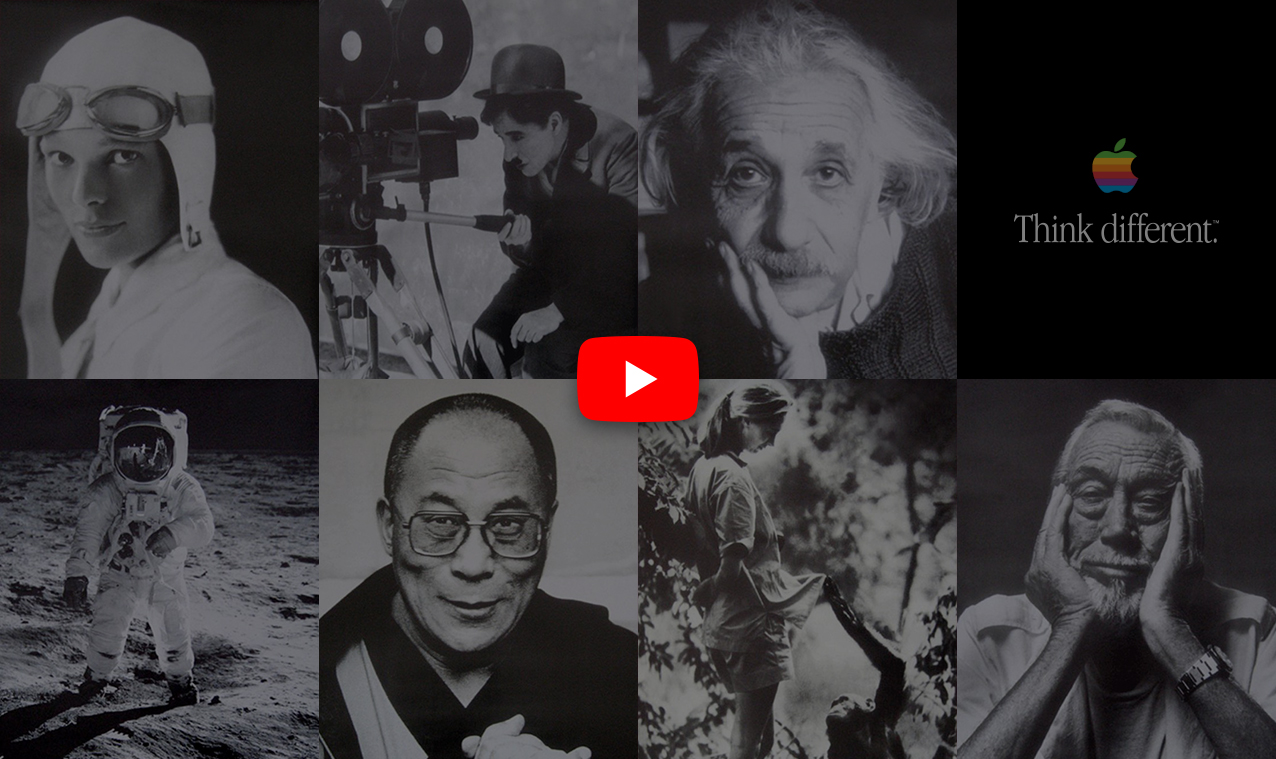Everybody’s talking about it, everybody wants it, and it has been dominating the majority of creative awards for a few months now: purpose marketing. The new favorite of agencies and marketeers was intended to better understand the objectives of consumers to offer personalized content. Nowadays, the term has become synonym to communicate about supporting a good cause or have a real impact on society.
Nike and gender equality, Dove and body positivity, Gillette and masculin toxicity, IKEA, Google, Microsoft have all embraced societal issues and understood the place activism has in the world of today. The result? Touching campaigns that evoke emotions through great movies of which the advertisers hold the secret: 16 of the 21 winners at the « Grand Prix Cannes Lions » take into account a purpose, while proving that this communication was not only inspiring, but also delivering results. In this goodvertising context the big question that every brand and trade is entitled to ask themselves is: “What about me?”.
Stat: 94% of GenZ think society has to show an interest in societal and environmental problems (Millenials: 87% - X 84%) - (Cone Communication, September 2017).
Find your why
For a long time, this is what Simon Sinek has been advising to companies who wish to become long-term players and become more efficient. His credo? The leaders at the head of successful companies have a vision and profound motivation aside profits. This “why” serves as an engine for a company, internally or towards customers. After all, the existence of Tesla is to "reduce greenhouse gas emissions so everyone can live on a cleaner planet", and not only to sell cars, according to Elon Musk. Consumers expect brands to go beyond the superficial and the transactional. Since we are more and more sceptical about short-term marketing initiatives, we want answers to real problems through meaningful actions that go beyond PR strategies. If the motivation and values of the brand are aligned with the ambitions of engaging in purpose marketing, then the result can be very beneficial. If done in the opposite way, the exercise doesn’t make much sense and can prove to be harmful.
Purpose Washing
The term Purpose Washing has become popular by Alan Jope, CEO of Unilever (Dove in particular), who was worried about the number of brands that joined in but didn’t keep their promises. The temptation of short-term profit and the opportunism of jumping on a trend to exploit it for no reason becomes purely hypocritical and amateurish. Sincerity and credibility need to be the drivers of this type of campaign, if the purpose does not flow in the veins of the organization it is useless to want to imitate others who will be more credible. In order to be able to take action and turn words into action, you have to do your own thing, to have a message and an action full of authenticity, the embodiment of the company's profound motivations. If you want a marketing lesson on this topic, take it directly from Steve Jobs. And if you want to go even deeper into the topic, watch it two times!
Question of differentiation
Is there a life outside of purpose marketing? Shoppers looking for something else? Let’s be honest, it becomes difficult to please everybody these days. Consumers, who are "engaged" and sensitive to environmental issues, are growing in numbers and it is obvious that brands have an important role in addressing the problems of society. Those for whom the economy or personal requirements are put first, still represent a large number. What unites us is the large mass of messages to which we are submitted daily - the "advertising pressure" - but also the number of products that we have at our disposal becomes a source of complexity. Let’s not be fooled, this act of generosity is nothing more than a way to get out of the mass, to differentiate. But what happens if everyone uses the same piece of rope and a majority of advertisers and traders get into the same battle? This differentiator becomes mundane and, pushed by the norm, no longer allows to stand out. We can rely on other motivations instead of pressuring ourselves into saving the planet to save our business.
It’s easier to make people cry then to make them smile
Neuroscience has shown us what good communicators have always known: many of our decisions are based on emotions, not logics, appealing to our feelings and not to our knowledge. Just watch a few of the winning movies at Cannes that are based on one single purpose: a tear in your eye. Where did all the commercials go that make us laugh? If a human being feels guilt and remorse, he also has the privilege of being able to laugh, feel valued, free or proud. In fact, we identify six fundamental motivations that govern our lives and lead us to make decisions: safety, pleasure, excitement, adventure, autonomy and discipline. Each brand, each company can rely on this catalog of emotions to differentiate itself from its competitor and establish a strong emotional bond. It's up to you to trigger the "right" emotion for your audience. And this choice must be dictated by the "why" of your company.
You do not feel like saving the world? Tell us a joke, it will undoubtedly be better.
References
- RSE : les marques ne peuvent plus sauver le monde
- Pourquoi les marques ne doivent pas négliger la RSE
- Comment parler de ses actions RSE quand on est une marque ?
- Aligner sa communication sur sa stratégie de marque RSE
- Quel consommateur en 2020 ?
- How purpose took over the 2019 Cannes Lion Festival
- Le "purpose washing" sape la crédibilité de la pub, par Fons Van Dyck
- Les Français veulent des marques qui ont du sens... Mais ne sont pas d'accord sur ce que ça veut dire
- The Power Of Emotions In Marketing
- Funny or die: Why we need brands with a sense of humor
- No laughing matter: Why advertising isn't funny anymore




